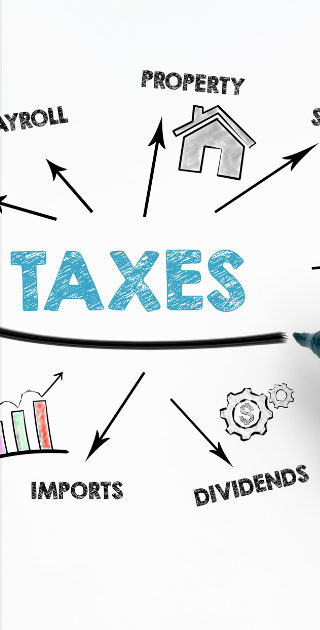EXCHANGE RESOURCES, INC.
BLOG
PROP 13 AND 1031 EXCHANGES: WHAT CALIFORNIA REAL ESTATE INVESTORS NEED TO KNOW
Proposition 13 and 1031 exchanges are two separate tax laws that apply to real estate transactions in California. Proposition 13 is a California law that limits property taxes, while a 1031 exchange allows real estate investors to defer paying capital gains taxes on the sale of an investment property by reinvesting the proceeds into a like-kind property.
Proposition 13 limits the annual increase of property taxes to no more than 2% for properties that have not been sold. However, when a property is sold, the property tax is reassessed based on the current market value of the property, which can result in a significant increase in property taxes.


When a property is sold in California, the seller may be subject to both state and federal capital gains taxes. However, a 1031 exchange allows the seller to defer paying capital gains taxes on the sale of an investment property by reinvesting the proceeds into a like-kind property within a specified period. In terms of how Proposition 13 impacts a 1031 exchange, it is important to note that Proposition 13 does not affect the deferral of capital gains taxes under a 1031 exchange. However, when the replacement property is acquired, the property tax for the new property will be reassessed at the current market value, potentially resulting in a higher property tax bill. This can impact the overall return on investment for the real estate investor, as they may have to allocate more funds to cover the increased property tax liability.
Overall, while Proposition 13 may impact the property tax liability for the replacement property acquired through a 1031 exchange, it does not affect the deferral of capital gains taxes on the sale of the investment property.